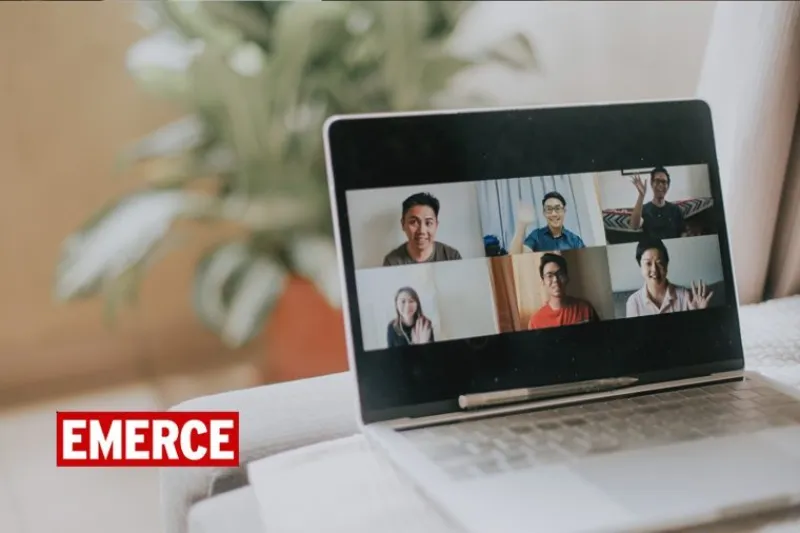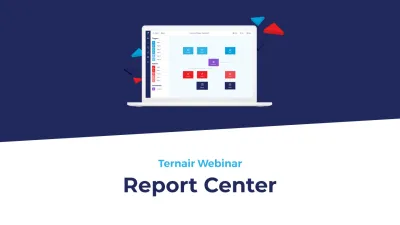MindCampus was forced by the Corona crisis to fully digitize its course offerings. "Corona put us into digital gear," states Pieter Lieverse, Managing Partner MindCampus. "This made us more agile, but we definitely need that now."
Solutions & results
Full digitization of course offerings
All routine processes automated
More effective processes
Great agility
More time for one-on-one contact
Increased customer satisfaction
100% revenue from e-learning
Digitalization of course offerings
MindCampus provides training, media, seminars and events for HR and facility managers. Lieverse compares his training company to a web shop: up to physical delivery, all processes are digital and automated. Before the corona era, a maximum of five percent of training revenue came from e-learning. "Now it's 100 percent," Lieverse says. His company has also been hit in revenue: "We miss big events. We had to convert existing on-site programs to online at lightning speed. Almost all participants went along with that conversion, fortunately. And by responding sharply to current events with webinars, we stay relevant and ahead of our competitors." The digitization of course offerings was the culmination of a year-long process.
The road to digital transformation
Like Emerce, MindCampus began as a publisher, including with a magazine. That became more online and, over time, training and events were added. Now trainings are MindCampus' biggest revenue model and media is a close second. Through an e-mail broker Lieverse came in contact with Ternair in 2009: "They managed the e-mail addresses of a lot of publishers. We wanted to be able to do that ourselves," Lieverse outlines. Thus began a long-term relationship with Ternair. After managing e-mail addresses came automated sending. "We looked each time at what we still had to do manually and how we could automate that," Lieverse explains. "It's not one case, it was numerous subcases. The first steps were real big bangs, focused on automating the marketing process. With this, we naturally ended up digitizing the entire customer contact." Requesting brochures was automatically followed up with an e-mail, from which grew a nurture path per download. The move to digitizing internal processes quickly followed.
In the onboarding process, participants are guided fully automatically by Ternair Marketing Cloud. Dynamic RSS feeds personalize the content in the process, such as requesting learning objectives by e-mail. The instructor then receives an overview of all participants with all learning objectives arranged by priority. The location is also confirmed automatically. No humans are involved anymore, but, Lieverse emphasizes, automating people away was never the goal.
By automating, they have more time for one-on-one contact with customers, Lieverse says. "With the same staffing on back office and marketing, we are appealing to more and more participants and making more sales. No growth in overhead was needed to do our primary core business. All routine processes have been automated to free up our people so they can add more value in customer contact. That's where the profit is for us. "Especially when digitizing course offerings, additional customer contact is needed. "We use tools like Zoom and Whereby for the virtual classrooms. Our customer department did a crash course for all the technical problems, because you come across the craziest things and you can't leave anything to chance. So we call ahead, walk through all the steps and escalate where necessary so the participants can participate without problems." It was just one of the adjustments needed to go fully digital.





